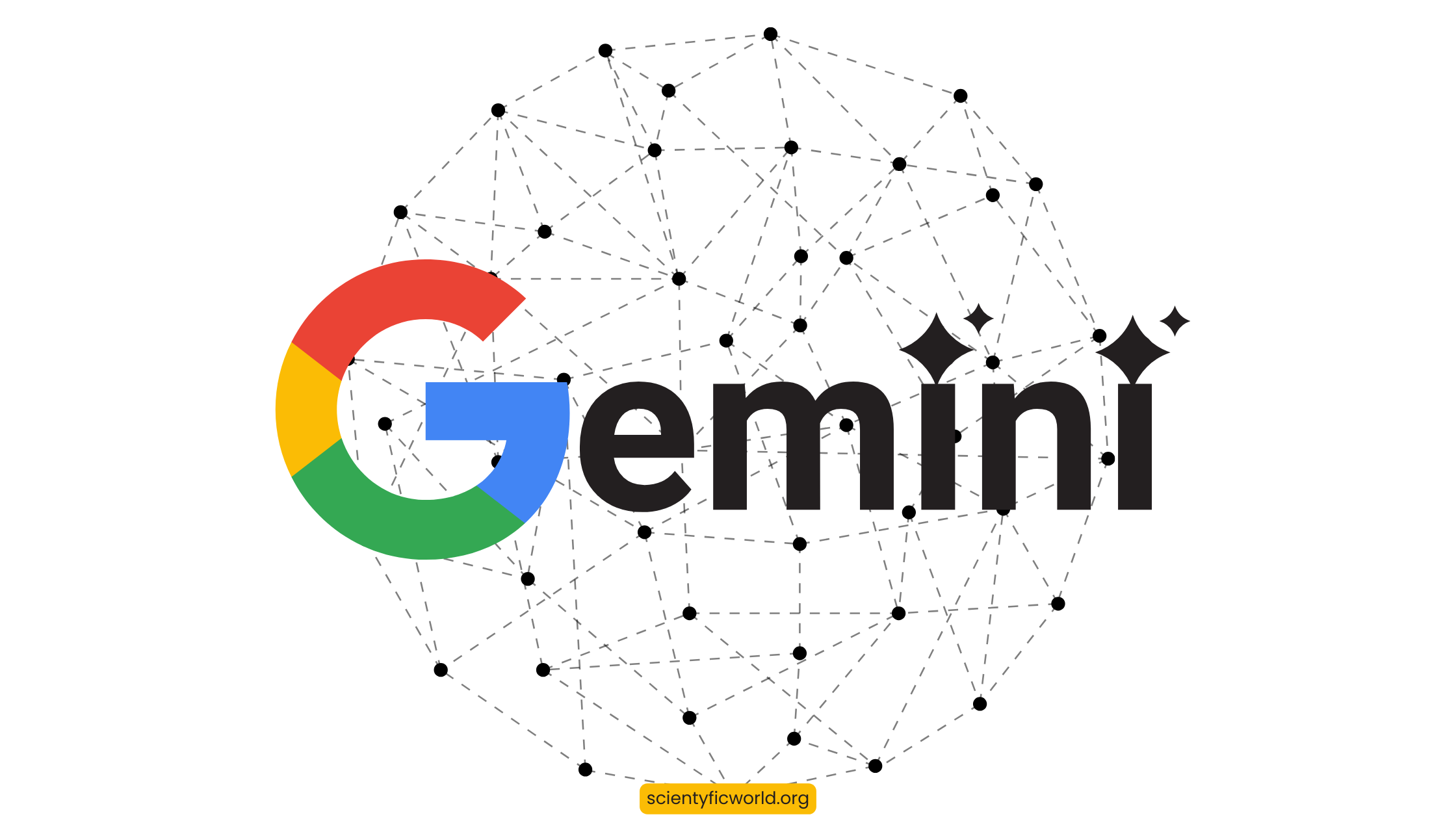In a significant move poised to reshape the digital landscape, OpenAI has unveiled its latest innovation: the Atlas web browser. This launch signals a direct challenge to Google’s longstanding supremacy in the browser market, introducing a fresh perspective on how users interact with the internet.
A Visionary Introduction
During a surprise livestream event, OpenAI’s CEO, Sam Altman, introduced Atlas with a compelling vision. He emphasized the transformative potential of artificial intelligence in redefining web navigation. Altman stated, We think AI represents a rare, once-a-decade opportunity to rethink what a browser can be. He drew parallels between the traditional URL bar and search box, suggesting that the integration of chat experiences within the browser could revolutionize user interactions.
The Implications for Google
The introduction of Atlas is not merely about offering an alternative browser; it represents a broader shift in how users access and process information online. Google’s Chrome browser has been the dominant player for years, but the emergence of AI-driven platforms like Atlas poses a formidable challenge. With ChatGPT already attracting 800 million users weekly, a migration to Atlas could significantly impact Google’s user base. This shift could diminish Google’s ability to target ads effectively and steer users toward its search engine, especially in light of recent restrictions imposed by the U.S. Department of Justice on search exclusivity deals.
Revolutionizing Search with AI
One of the standout features of Atlas is its innovative approach to search. Traditional search engines often direct users to a list of web pages, requiring them to sift through information. In contrast, Atlas offers a dynamic, conversational search experience. Ben Goodger, Atlas’s head of engineering and a key figure in the development of both Firefox and Chrome, highlighted this paradigm shift. He noted, This new model of search is really powerful. It’s a multi-turn experience. You can have this back-and-forth with your search results instead of just being sent off to a web page.
The Competitive Landscape
The browser market is witnessing a surge in AI integration. Startups like Perplexity’s Comet and The Browser Company’s Dia have introduced AI-powered browsers, aiming to enhance user experience. Established players like Google and Microsoft are also infusing AI features into Chrome and Edge, respectively. However, Atlas’s deep integration of ChatGPT sets it apart, offering a more personalized and interactive browsing experience.
Key Features of Atlas
– ChatGPT Integration: At the core of Atlas is ChatGPT, enabling users to engage in real-time conversations with their search results, providing context and clarity.
– Sidecar Feature: This functionality allows a built-in chatbot to reside in a side panel, automatically understanding the context of the user’s current screen. This eliminates the need for manual copying and pasting, streamlining the user experience.
– Browser History Utilization: Atlas can log visited websites and user activities, leveraging this data to offer more personalized responses and recommendations.
– Agent Mode: Exclusive to ChatGPT Plus, Pro, and Business subscribers at launch, this feature empowers users to delegate tasks to ChatGPT within the browser, enhancing productivity.
The Road Ahead
While Atlas’s launch has generated significant buzz, its long-term impact remains to be seen. Google’s Chrome boasts over 3 billion users globally, and shifting such a vast user base is a monumental task. However, the evolving nature of AI and user preferences suggests that Atlas could carve out a substantial niche, especially among users seeking a more interactive and personalized browsing experience.
Conclusion
OpenAI’s Atlas browser represents a bold step into a competitive arena dominated by established giants. By integrating advanced AI capabilities, Atlas offers a fresh perspective on web navigation, challenging traditional paradigms and setting the stage for a new era in internet browsing.



